
Bethany Brookshire was a longtime staff writer at Science News Explores and is the author of the book Pests: How Humans Create Animal Villains. She has a B.S. in biology and a B.A. in philosophy from The College of William and Mary, and a Ph.D. in physiology and pharmacology from Wake Forest University School of Medicine. She was a 2019-2020 Knight Science Journalism Fellow at MIT, the winner of the Society for Neuroscience Next Generation Award and the Three Quarks Daily Science Writing Award, among others.

All Stories by Bethany Brookshire
-
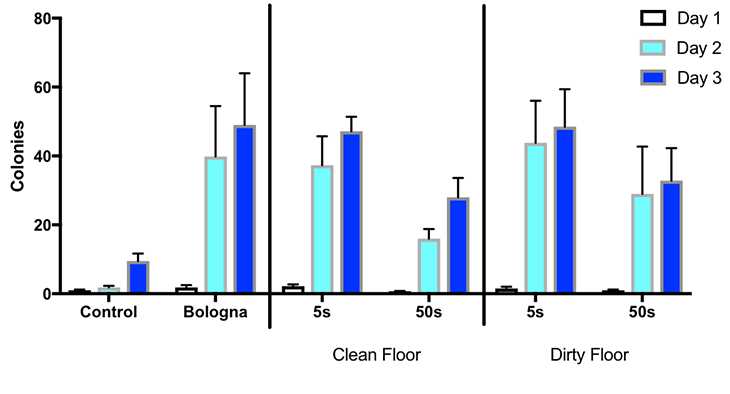 Math
MathScientists Say: Uncertainty
In science, uncertainty is a term used to express how much data might vary around a measured point.
-
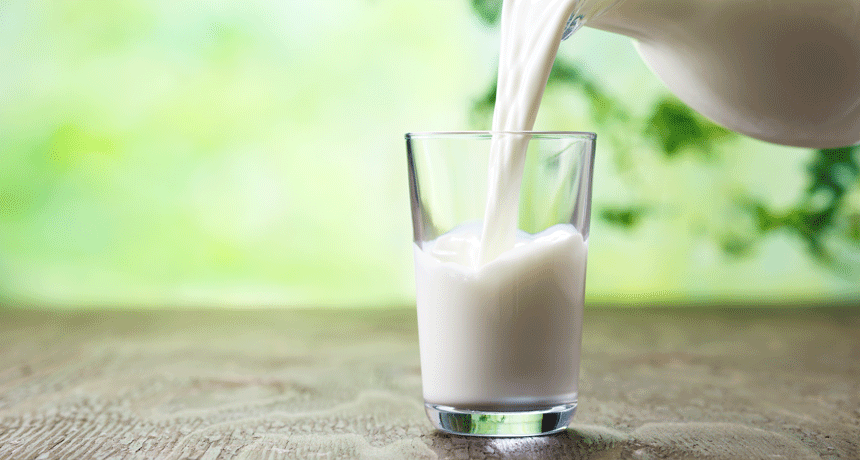 Health & Medicine
Health & MedicineScientists Say: Lactose
You might not think of dairy products having sugar, but they do. Milk is rich in a sugar called lactose.
-
 Space
SpaceScientists Say: Oort cloud
The very edge of our solar system is a crowded place. It’s full of ice and rocks in a bubble called the Oort cloud.
-
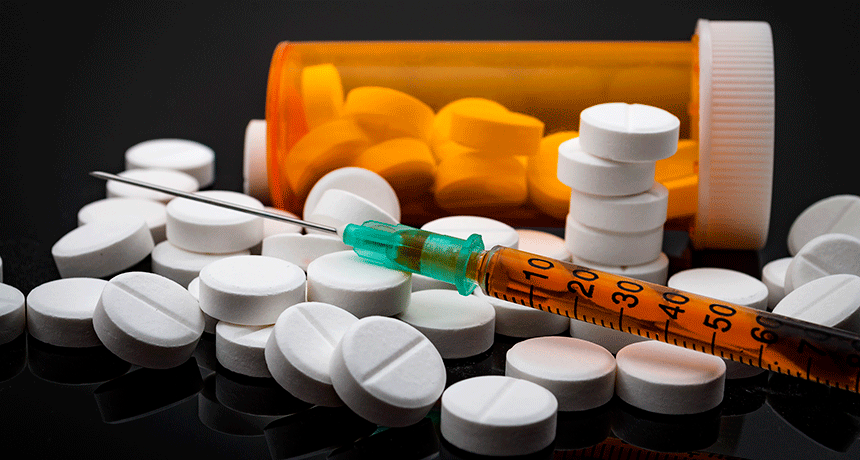 Brain
BrainExplainer: What are opioids?
Opioid drugs can kill pain, but they can also kill people. Here’s how.
-
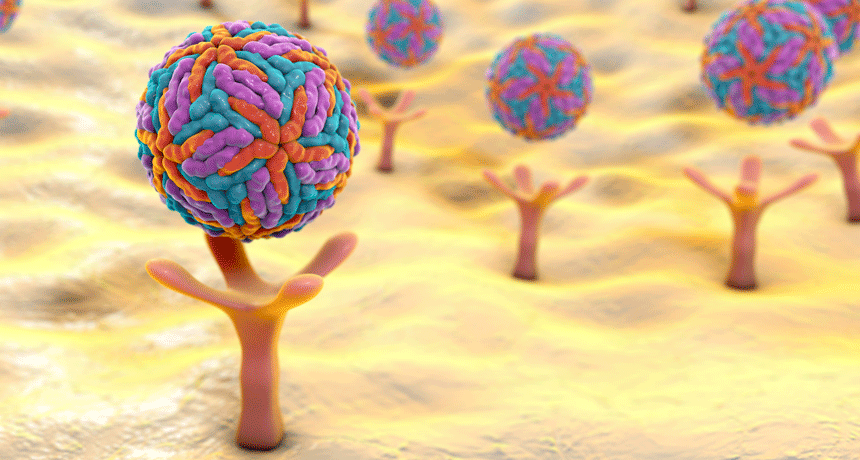 Brain
BrainScientists Say: Receptor
This molecule is a chemical messenger’s docking station. A receptor serves as a lock for cell activity.
-
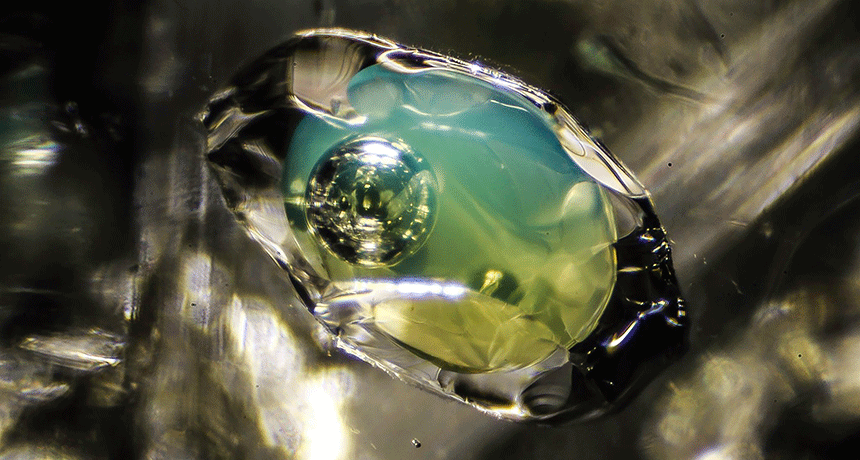 Earth
EarthScientists Say: Inclusion
As rocks form slowly, they can trap things in their timeless clutches. A material trapped inside a mineral is called an inclusion.
-
 Health & Medicine
Health & MedicineTeens win big prizes for research on potato killer, vaping and a rare disease
The Regeneron Science Talent Search awarded more than $2 million in prizes this year. This year’s top winners tackled plant disease, vaping and more.
-
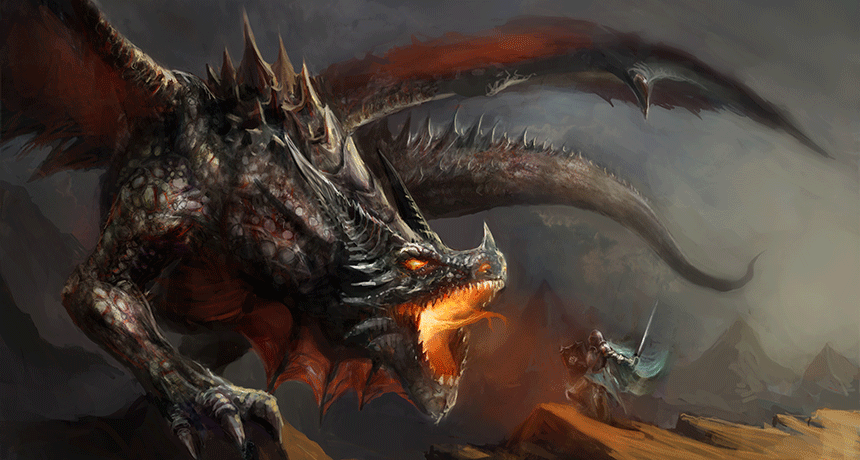
How to build your dragon — with science
Dragons are creatures of fantasy, but that doesn’t mean you can’t use science to design one.
-
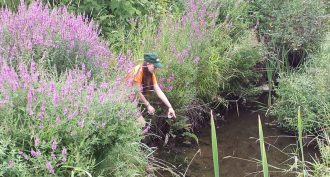
These questions inspired science champs. How do you match up?
Fancy science fair projects sometimes seem like they’re only for super-geniuses. But that’s not true! Many rely on what everyone learns in school.
-
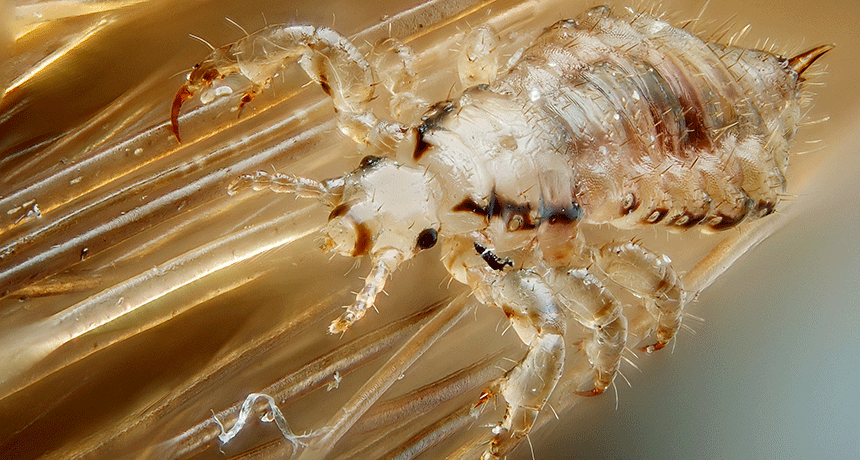 Health & Medicine
Health & MedicineScientists Say: Ectoparasite
Many people think of parasites as organisms that live inside their hosts. But some of them can be found on the outside instead.
-
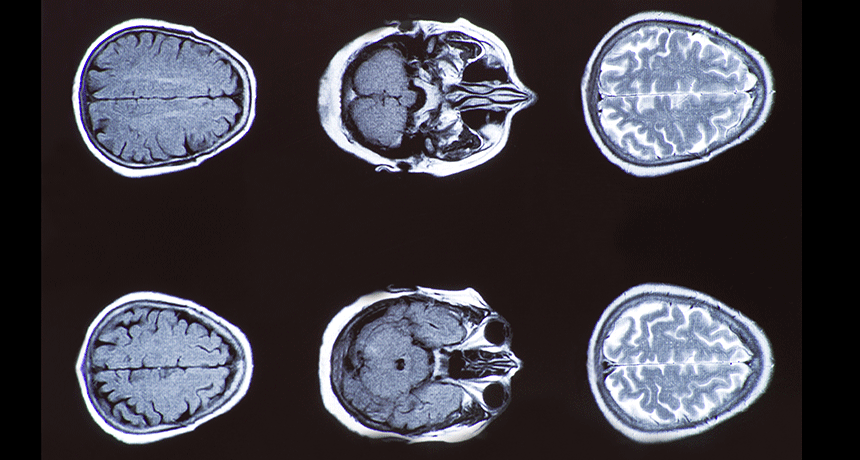 Health & Medicine
Health & MedicineScientists Say: CT scan
Short for computerized tomography, this technique lets scientists and doctors see insides in detail.
-
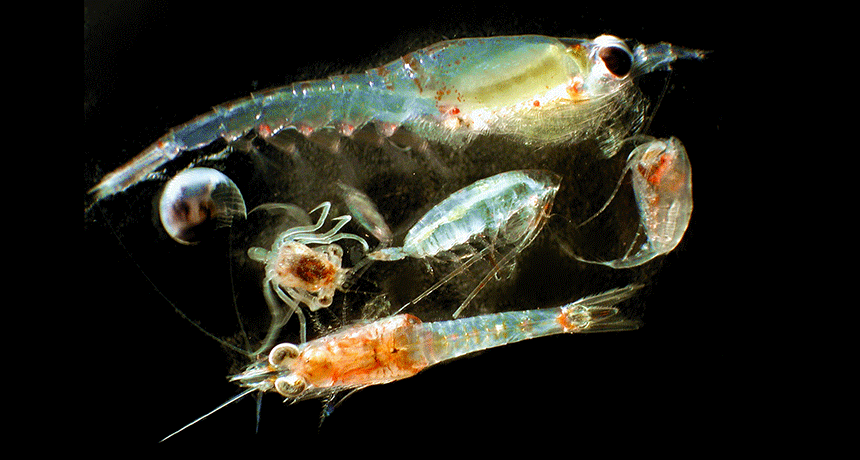 Animals
AnimalsScientists Say: Zooplankton
These plankton are tiny, but don’t let that fool you. They are predators, too.